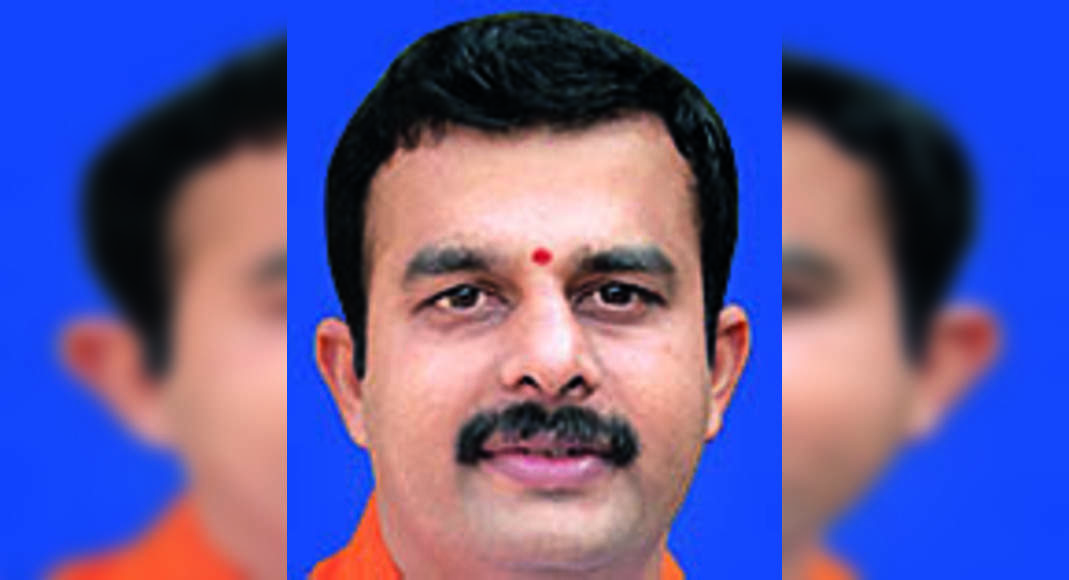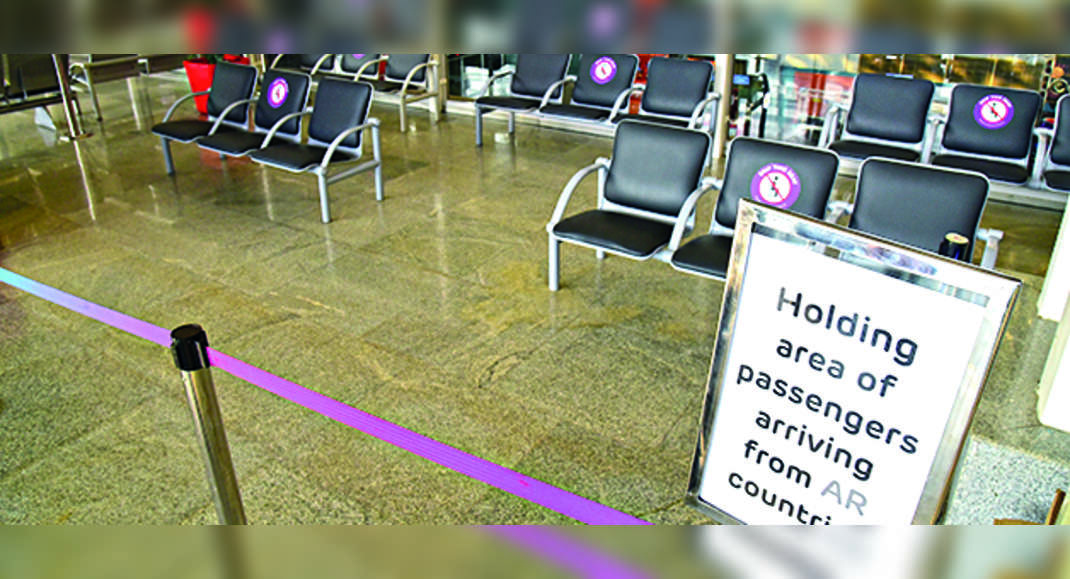The lockdowns implemented by governments of various states, including Karnataka, to break the chain of transmission and mitigate the scourge of Covid-19 are almost like chemotherapy for cancer.
Lockdowns are always devastating for citizens, more so for the middle and lower socio-economic classes and should be avoided as far as possible.
They certainly are not a long-term solution.
However, they’re inevitable given the tsunami-like spread of Covid with devastating effects on the health of citizens and the country.
Now that lockdowns have somewhat broken the chain of transmission and there’s a dip in the second wave, we need to think ahead on how to unlock in a phased manner and tackle the third wave.
The most important thing to remember is that Corona will be with us for a long time and the minute we let our guard down, it will raise its ugly head again.
Therefore, Covid-appropriate behaviour is an absolute necessity before we start unlocking.
The other important issue to address is to vaccinate as many people as possible in the shortest period of time.
While we ease the lockdown, rigorous ongoing disease surveillance is critical so that we are not caught off-guard again.
All essential services and work related to livelihood, especially of the lower and middle socio-economic classes, should be unlocked first.
For the working class and daily wage labourers, transportation to workplace and back home is absolutely essential.
Either low capacity public transportation (25%-50% of capacity) and private transportation with adequate precautions should be allowed.
Markets should be allowed with significant supervision by marshals to avoid crowding rather than opening up only for a very short period of time during the day which only promotes crowding.
Open-air market places wherever possible should be encouraged.
Home delivery of essential goods may reduce some movement of people to buy essentials.
Offices could be opened wherever possible with good cross-ventilation, staggered hours, avoidance of crowding and strict implementation of masking and sanitisation.
Public gatherings of all kind should be strictly regulated for a long time.
Any activities related to entertainment or lifestyle should be the last to be opened up.
These could be malls, theatres, public pools, gyms, restaurants and other avenues of entertainment.
Here too, they could open at 50% capacity when deemed appropriate.
Schools and colleges could be a combination of online and offline teaching with staggered timings and Covidappropriate behaviour.
Close monitoring of new infections, Test Positivity Rate and healthcare infrastructure availability, especially occupancy of oxygen beds in hospitals by Covid-positive patients’ parameters should guide unlocking measures.
We could also consider unlocking select areas where the disease burden is down significantly and be stricter in areas where the disease burden has not come down.
Movement from areas with higher disease burden to those with lower disease burden should be restricted.
(The writer is chairman, Manipal Hospitals)



